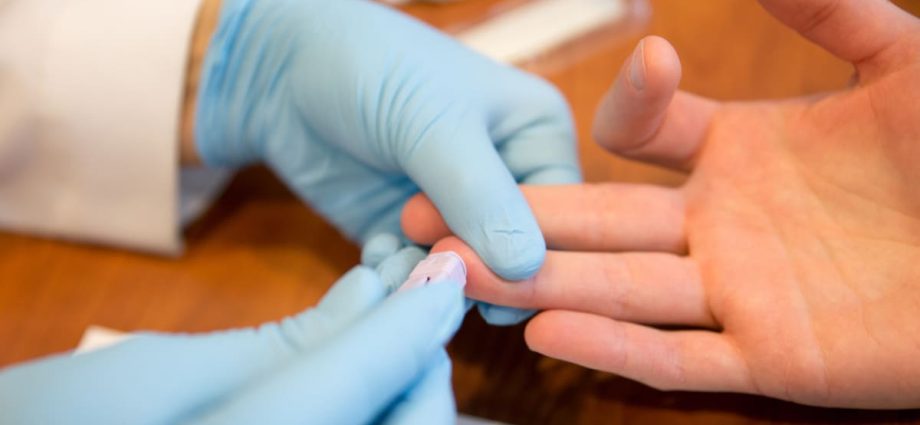
SEEING HIV AS A CHRONIC DISEASE, NOT A CRIME
As a private matter, disclosure of one’s HIV status remains a complex issue. Given prevailing stigma towards HIV, people living with HIV need to navigate potential risks of disclosure and how such information might be used against them, and on the other hand balance this with a desire for authentic relationships with others.
Sexual partners of people living with HIV may also have a desire to better understand their risks. Nevertheless, sexual health should be a shared responsibility where precautions are undertaken by both parties. Thankfully, we have a range of tools in place such that everyone can empower themselves to stay safe from HIV, regardless of their partners’ status.
Scientific advances have transformed HIV infection from a progressive, typically fatal infection to a chronic disease with little to no transmission risk. Such advances have allowed people living with HIV who are on effective treatment to have similar life expectancies as the general population, give birth to HIV-negative children, and have meaningful relationships.
Nevertheless, stigma and a lack of access to prevention methods stand in the way of an HIV-free future.
A community blueprint launched in 2019 by Action for AIDS Singapore sought to end HIV in Singapore by 2030. A review of our HIV disclosure law is a step in the right direction.
Building a stigma-free future to end HIV also means that society must be ready to accept HIV as a preventable, chronic disease that can be managed easily through effective medication, and not a crime.
It will take time for us to move beyond the narratives of terminal illness and death that shrouded the early years of the epidemic. But I believe we have the capacity to do this in Singapore, one step at a time.
Dr Rayner Tan is Assistant Professor at the NUS Saw Swee Hock School of Public Health.

